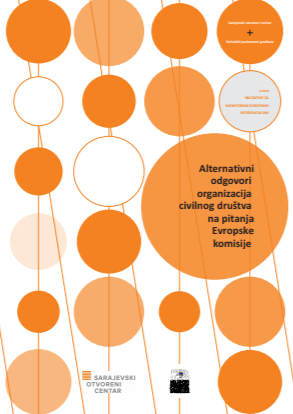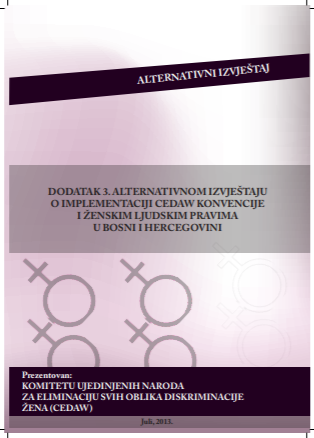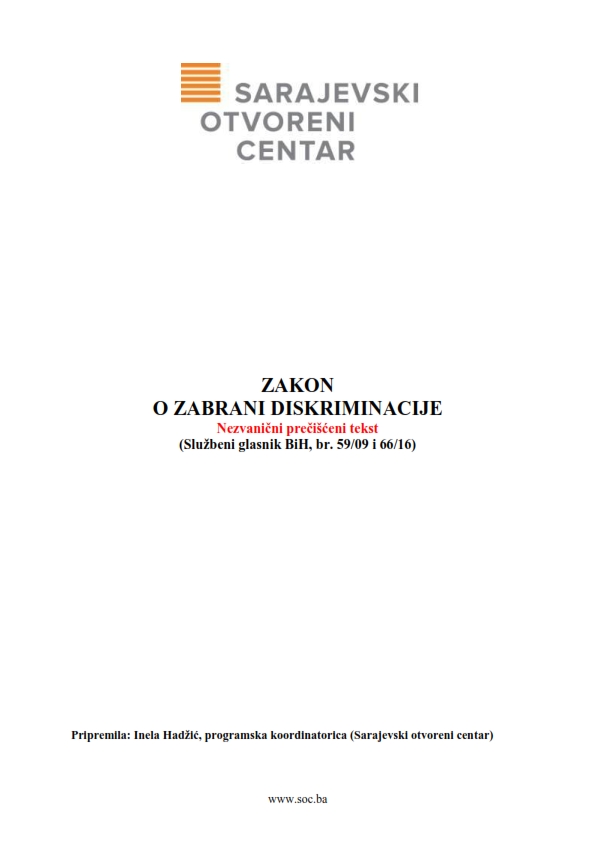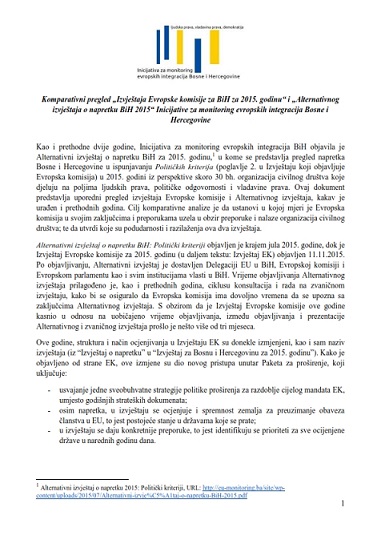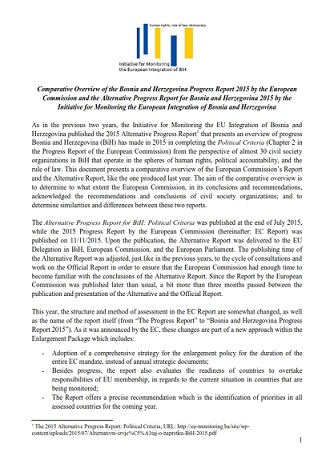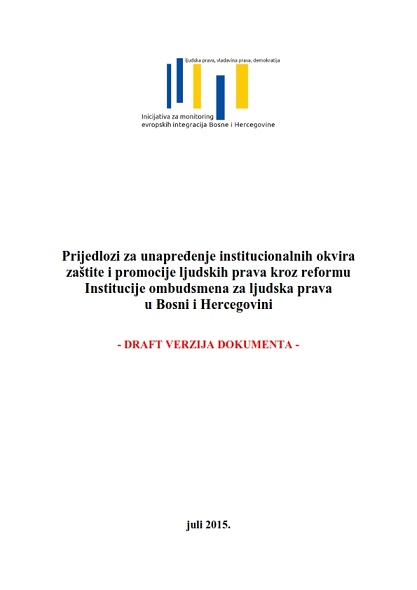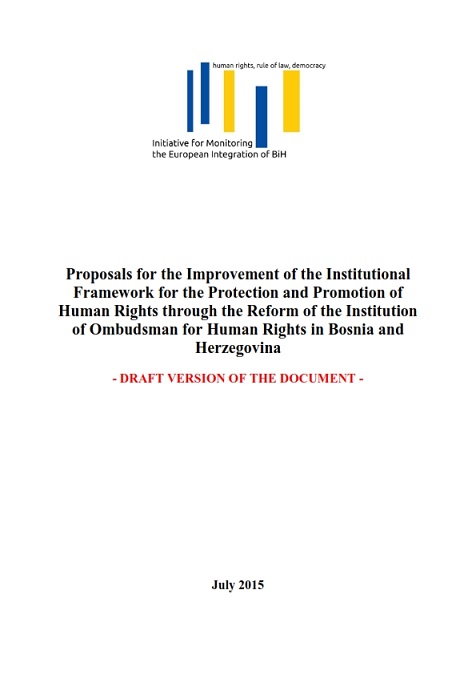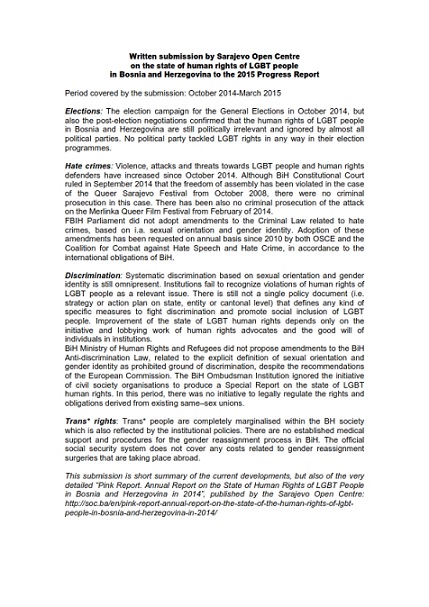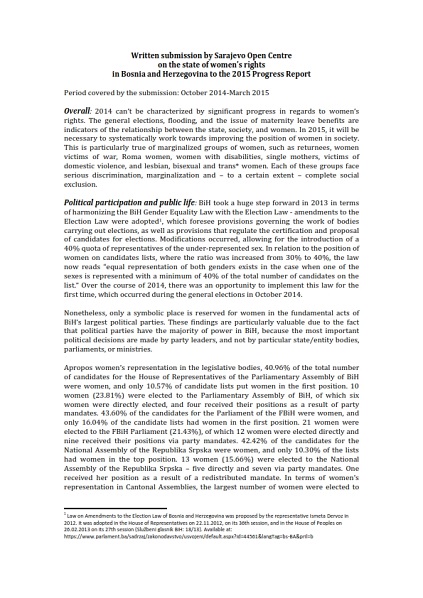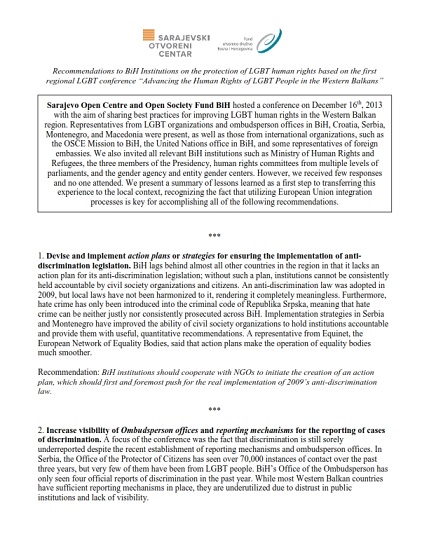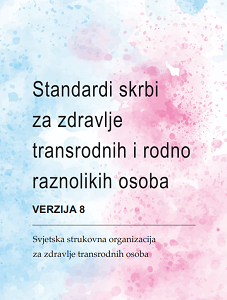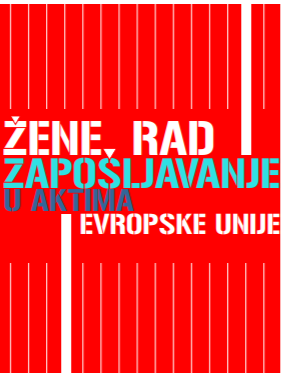
WOMEN, WORK AND EMPLOYMENT IN ACTS OF THE EUROPEAN UNION
ŽENE, RAD I ZAPOŠLJAVANJE U AKTIMA EVROPSKE UNIJE
Keywords: EU; women; work; employment; EU legislation; law; judiciary; politics;
Legal framework of the European Union confirms its determination towards gender equality. Over the last decades there has been developed a series of provisions of primary and secondary law of the EU as well as a large number of political documents and initiatives in the field of gender equality, particularly in the field of employment and work conditions. Case law of European Court of Justice has contributed to the great extent to development of European law in this field. The EU point out a few important fields putting them in its focus of actions: first of the fields refers to employment, in particular, access to employment, promotion at work including the access to professional training as well as working conditions, including the redundancy conditions. The second refers to equal work or work of equal value, the third to harmonization between private and professional life and a special protection of pregnant women and maternity leave. The European Union recognizes the importance of introduction of measures of an affirmative action aimed at accomplishing the goals in these fields. In the field of equality between women and men, over the last decade there has been adopted a numerous of directives which have been changed and amended over time. Directives that can be directly linked to the issue of work and employment are, inter alia: Directive of Council 79/7/EEC of 19 December 1978 on the progressive implementation of the principle of equal treatment for men and women in matters of social security; Directive of Council 2004/113/EZ of 13 December 2004 on implementing the principle of equal treatment between men and women in the access to and supply of goods and services, i.e. service provision; Directive 2010/41/ EU of the European Parliament and of the Council of 7 July 2010 on the application of the principle of equal treatment between men and women engaged in an activity in a self-employed capacity and repealing Council Directive 86/613/EEC; Directive 2006/54/EC of the European Parliament and of the Council of 5 July 2006 on the implementation of the principle of equal opportunities and equal treatment of men and women in matters of employment and occupation (“The Recast Directive” ). Except the mentioned, it is important to point that the EU has adopted a series of directives relating to the rights of pregnant and postpartum women, then maternity, parenting and paternity based rights amongst which the key important are Directive 92/85/EEZ (“The Pregnant Workers Directive”) Directive2010/18/EU of 8 March 2010 (“The Parental Leave Directive”). Also, the European Court of Justice, as the EU institution whose task is to interprets EU law to make sure it is applied in the same way in all EU countries, the most frequently in a liberal manner than courts of member states do at the time of decision- taking, has given a great contribution to the process of advocating the promotion of women at labour market including those related to different forms of discrimination against women. The possibility to use the EU law on gender equality in court proceedings before national courts of member states represents a powerful instrument for protection and accomplishment the right to equality whether the EU law is integrated into national legislation or not. In fact, member states are often late with transposing or, sometimes, do it in a way being opposed to goals which some directives try to achieve. However, due to the principle of supremacy of European Union law, in case of inconsistency of national legal regulations with the EU regulation and in accordance with the European Court of Justice’s decisions, national courts of member states are compelled to base its decision on the EU regulations, i.e. are compelled to do everything in its power to achieve the result the directives’ goals strive to by interpreting the national law. Except legal documents and court justice of the European Court of Justice, political documents of the European Union too represent a significant resource, especially in terms of determining the directions and actions in the field of gender equality. One of such documents, which was adopted in the aim of promoting the equality between women and men is a Women’s Charter. The Charter highlighted the five specific fields of actions necessary to take additional efforts to confirm the dedication of Europe to equality of women and men offering a better life and sustainable future for all: Economic independence; Equal pay for equal work or work of equal value; the representation of women in decision-making and positions of power, respect for women’s dignity and integrity, but also an end to gender-based violence, both in the European Union and outside the EU borders. Although, after reading the legal documents of the European Union it could be argued that equality of women and men is the fundamental value, the goal and the driver of the European Union’s economic growth and that the EU in all its actions is trying to promote the equality of women and men, things are often different in practice. Decisions of the Court of Justice confirm that even long-year member states face difficulties when implement the principle of gender equality and the prohibition of discrimination as general principles that the European Union is based on. This is why the European Union is trying to make a positive impact on promoting the equality of men and women and gender equality not only in member states but in EU accession process countries. In that sense, the EU requires the adjustment of a candidate country’s legislation to the EU legislation. Member states are, except adopting the laws, obliged to take measure aimed at revoking all laws, regulations or proceedings which are not in accordance with the principle of equal treatment. Each provision being opposed to the mentioned principle and is part of employment contract, collective agreement, employment internal act, a regulation being applied to self-employed occupations or organizations of workers and employers are, accordingly, declared null and void and must be amended.
More...
